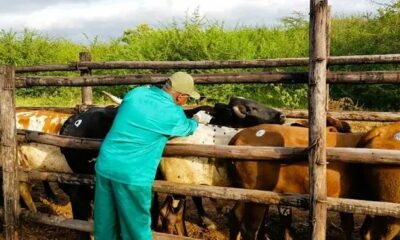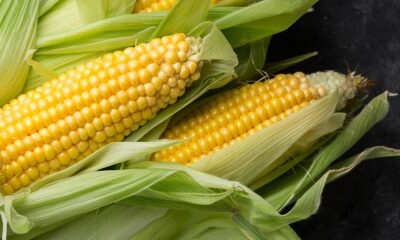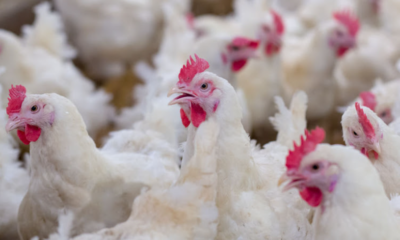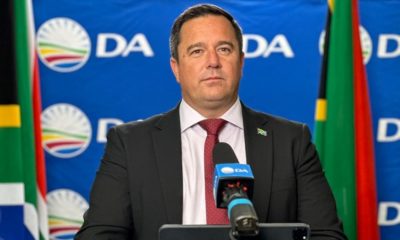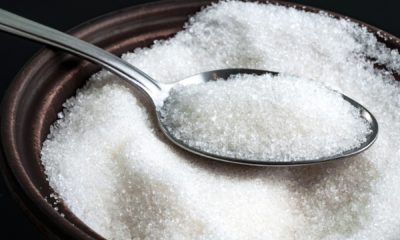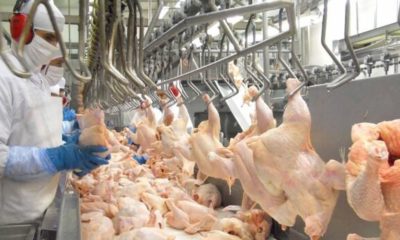News
Bird Flu Fallout: SA Faces Winter Food Crisis as Poultry Imports Stall
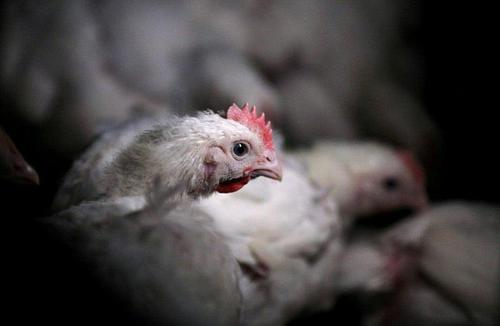
South Africa is staring down a serious winter food crisis. As the country grapples with the fallout from a bird flu outbreak in Brazil, delays in government action are threatening to disrupt the nation’s poultry supply chain and escalate food insecurity—particularly for vulnerable households.
Imports Stalled, Shelves Thinning
South Africa relies heavily on poultry imports to meet national demand—about 20% of the country’s total poultry needs, or around 390,000 metric tonnes annually. Brazil, the dominant supplier, provides 73% of these imports and an overwhelming 92% of mechanically deboned meat (MDM), a key ingredient in processed meats like polony, viennas, and sausages.
Since the Department of Agriculture imposed a blanket ban on poultry imports from Brazil due to a bird flu outbreak, major food producers like Eskort have sounded the alarm. CEO Arnold Prinsloo estimates the shortage could threaten over 400 million poultry-based meals monthly, especially meals provided to schoolchildren and low-income families.
“Processed meats aren’t a luxury—they’re a lifeline for millions,” Prinsloo warned. “The impact of this supply gap is far more serious than many realise.”
Zoning Delays Risk Food Security
Brazil has submitted a zoning application to South Africa, requesting permission to resume poultry exports from bird flu-free regions. But the application has yet to be formally acknowledged, sparking frustration among industry players.
Zoning—also known as regionalisation—would allow Brazil to export from unaffected areas. Namibia, for instance, has already adopted this model, continuing imports from safe Brazilian zones.
“South Africa must act now. Every week of inaction puts more pressure on producers, processors, and households,” Prinsloo said.
Local Supply Can’t Fill the Gap
While the South African Poultry Association (SAPA) claims local producers can increase output, the reality is more complex. Local suppliers simply do not produce MDM at scale, and alternative international suppliers lack the volume and variety required to replace Brazil’s exports.
Worsening the crisis, Daybreak Farms, a major poultry producer, has entered business rescue, citing mismanagement and liquidity issues. Their operational struggles further reduce domestic capacity at a time when every bird counts.
According to Imameleng Mothebe, CEO of the Association of Meat Importers and Exporters (AMIE), local output won’t cover the shortfall. “MDM is essential to school feeding schemes and the most affordable source of protein for many South Africans,” she said.
Since the ban, MDM prices have more than doubled, from R13 to R31 per kilogram—pushing food inflation higher, and threatening the affordability of basic meat products.
Government Response Sparks Controversy
Despite mounting evidence of shortages and price hikes, the Department of Agriculture has downplayed the situation. In a recent television interview, Dr Mpho Maja claimed there was no cause for concern.
That stance has been widely criticised as detached from the ground reality. Importers say they’ve been unable to secure alternative supply chains, and processors are already cutting production.
“The Department’s delay is not just bureaucratic—it’s dangerous,” said Mothebe.
Bird Flu Season Adds Pressure
To make matters worse, winter is also bird flu season in South Africa. Just last year, the country saw massive culls of poultry flocks, impacting both egg and meat supply. With no clear plan to roll out vaccines, the risk of a local outbreak remains high—further imperiling food security.
Global Options Shrinking
Countries like Belgium, Sweden, France, and Denmark—currently free from bird flu—remain closed to South African poultry imports. Although they could offer partial relief, none can match Brazil’s scale and product mix.
Other countries have implemented zoned bans rather than full embargoes. These include the UAE, Japan, Saudi Arabia, and even South Africa’s neighbour Namibia—highlighting that regionalisation is not only possible but already in practice globally.
A Call for Urgency
Both Eskort and AMIE are urging the Department of Agriculture to fast-track Brazil’s zoning application and enable the resumption of heat-treated poultry imports—an internationally accepted method of ensuring food safety.
Prinsloo adds, “At Eskort, we apply heat treatment above 70°C to ensure safety. This has kept us free of food safety issues for over a century.”
Failure to act quickly could lead to production halts, job losses, and deeper economic instability.
“This is no longer just a supply chain issue—it’s a socio-economic crisis in the making,” Prinsloo cautioned.
South Africa must take decisive action to prevent a full-blown winter food crisis. Zoning approvals, expanded sourcing, and clear communication are vital steps to stabilise poultry supply and protect the millions who depend on processed meats as a daily staple.
The time to act is now.

